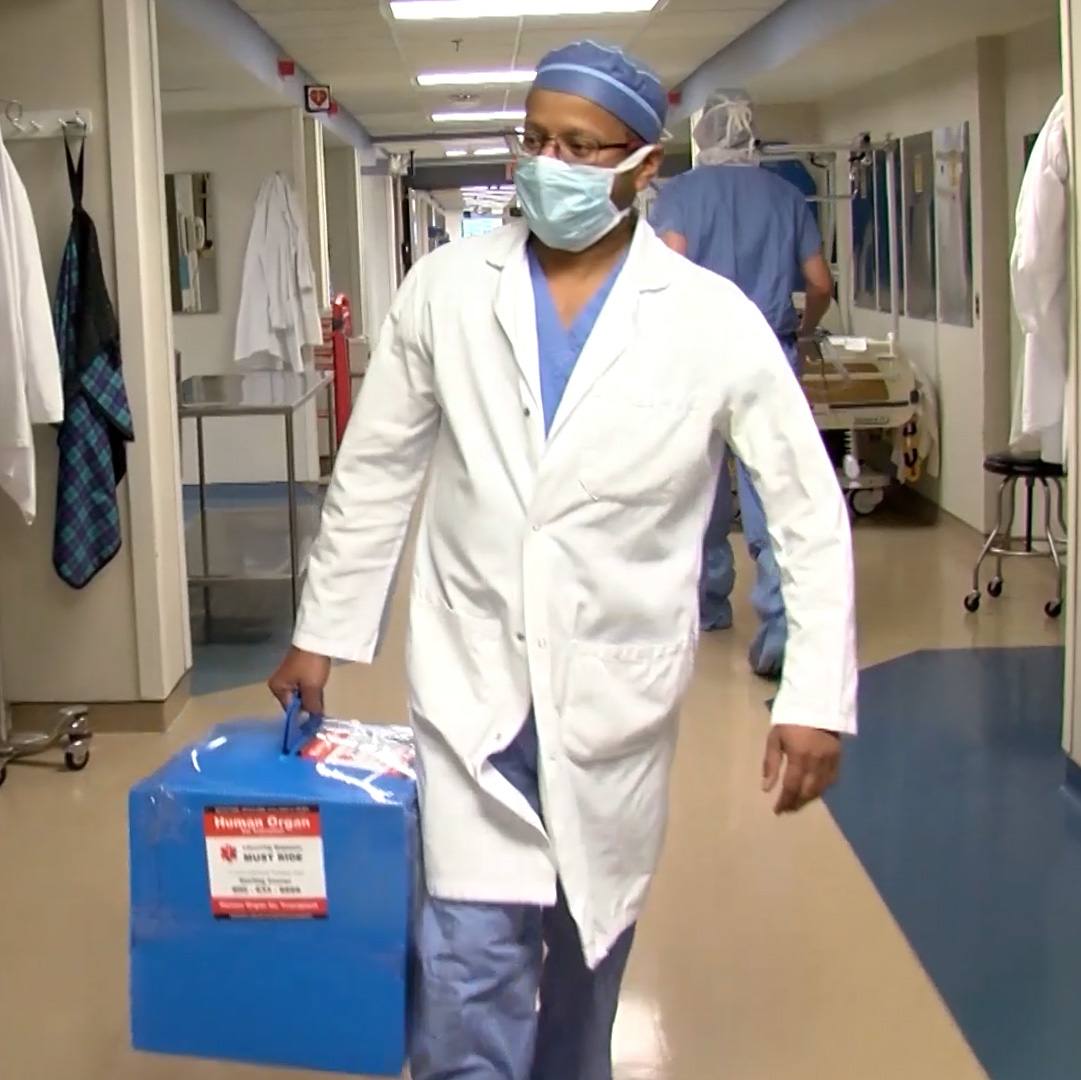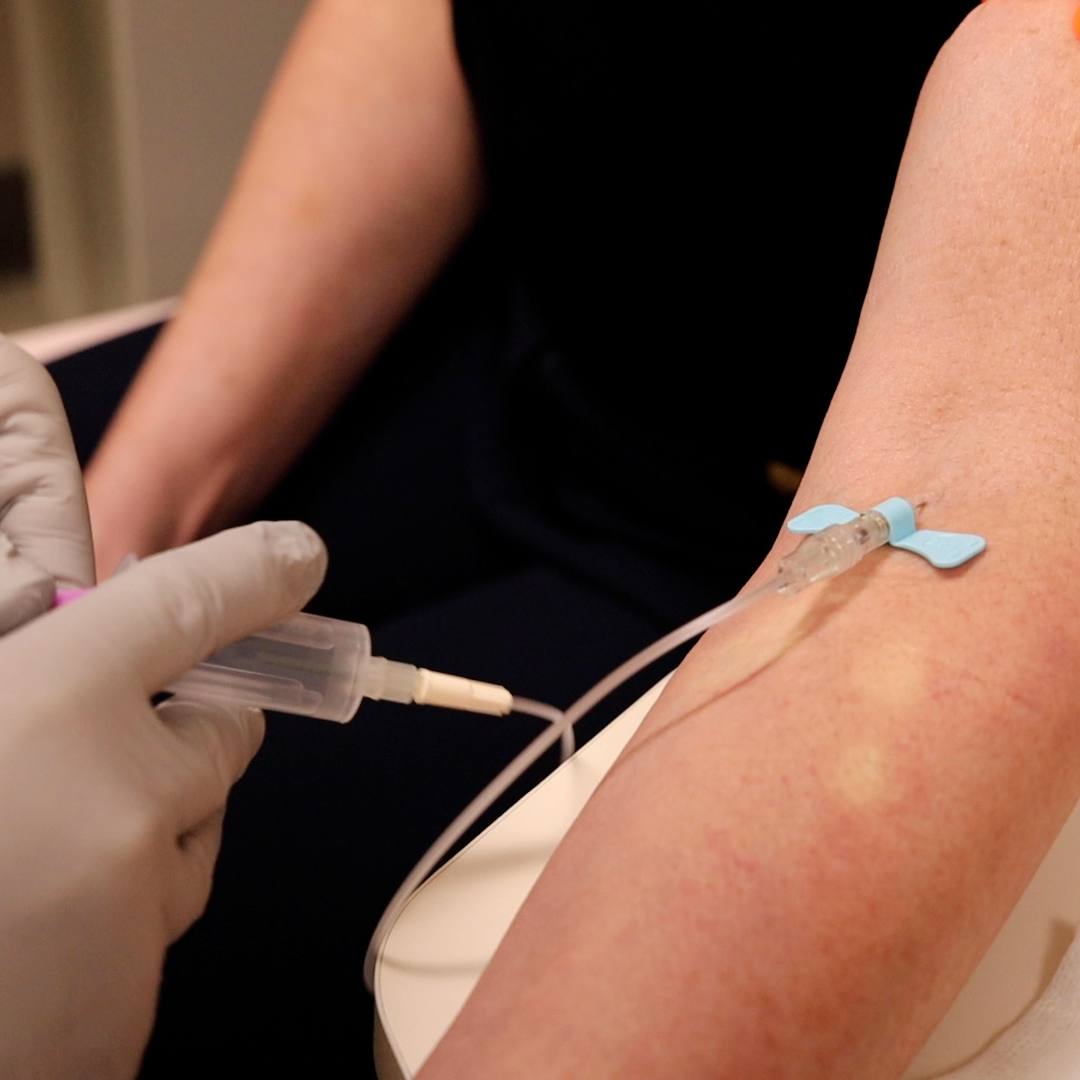-
Health & Wellness
TUESDAY Q & A: Discussing concerns with physician about muscle weakness
DEAR MAYO CLINIC: I am 76 years old, and over the last year it has been getting harder to do everyday tasks. Even getting out of a chair is sometimes difficult, and I can tell I’m much weaker than I used to be. Is this a normal part of aging, or should I see my doctor?
ANSWER: Diagnosing the cause of muscle weakness that develops over time can be challenging. Gradual loss of strength can contribute to many health problems, including increased risk of falls, decreased bone strength and weight gain.
A degree of loss of muscle mass and strength can occur as part of aging, but there are many medical problems that can cause weakness, so any concern about this issue should be discussed with your physician.
An important distinction is whether your sense of weakness is actually due to the loss of muscle power caused by either central nervous system disease, or by nerves or muscles that aren’t functioning properly. Alternatively, you may feel weak due to factors such as fatigue, sleepiness, lightheadedness or chronic pain.
Sleep problems, depression, chronic medical problems, medications or poor nutrition are among many causes of generalized fatigue that can make you feel unenergetic and weak. Your muscle use may be limited by chest pain or shortness of breath related to a heart condition, an illness such as pneumonia or another lung disease, or kidney failure. Arthritis in one or more joints or pain-causing conditions such as fibromyalgia can make you feel weak because it’s painful to move. These problems aren’t true muscle diseases in the sense that muscles still function normally. Some conditions may lead to weakness if they cause atrophy of muscles from disuse.
Muscle movement starts as a signal from the brain, which travels down the spinal cord, then along peripheral nerve pathways to the connection between the nerve and muscle (neuromuscular junction) which causes the muscle tissue to contract. Any disruption can result in muscle weakness.
Your medical history is critical to find out if any diseases or medications are contributing to muscle weakness. Depending on information obtained during an initial exam, your doctor may explore the following potential causes:
Brain or spinal cord disease — Stroke or brain disorders such as Parkinson’s disease can cause weakness, or difficulty coordinating or initiating muscle movement. Cognitive decline, tremors, rigidity, spasticity or hyperactive reflexes are signs and symptoms suggestive of brain or spinal cord disease. A magnetic resonance imaging (MRI) test of the brain can show stroke damage, the presence of a tumor and some inflammatory conditions such as multiple sclerosis. When looking at the spinal cord, MRI can help identify spinal cord compression, which may be caused by degenerative changes in the spine, and can also be helpful for diagnosing inflammatory disease. Another possibility to consider is amyotrophic lateral sclerosis (ALS), which can cause weakness, abnormal reflexes and muscle twitches.
Peripheral nerve damage — This can interrupt signals at the level of the nerve roots exiting the spinal cord and the nerves outside the spine, which supply your extremities. In addition to weakness, nerve damage can cause loss of feeling and decreased reflexes and muscle tone. Damage to nerve roots can result in weakness and pain in the distribution of the affected nerve roots. Many types of peripheral neuropathy manifest as damage to nerves serving the hands and feet. When peripheral neuropathy is suspected, blood testing may be needed to identify a possible underlying condition, such as diabetes, inflammatory or genetic diseases, or nutritional deficiencies.
Problems where nerves meet muscles — Your brain transmits nerve impulses to the neuromuscular junctions. Here, nerve endings release the transmitter acetylcholine that crosses the junction to stimulate the muscles to contract. Neuromuscular junction diseases occur when there’s a loss of the normal chemical connection between nerves and muscles. These diseases — such as myasthenia gravis and Lambert-Eaton syndrome — often cause weakness that varies with activity of the particular muscle group, but don’t cause loss of sensation.
Muscle disease — Weakness can be caused by muscle disease without involvement of the nerves. Muscle pain may occur, but loss of sensation doesn’t unless nerves are also damaged. Causes among many can include inflammatory diseases such as polymyositis, dermatomyositis and inclusion body myositis, genetic disorders, or endocrine abnormalities such as thyroid disease. Muscle weakness can also be a side effect of various medications such as cholesterol-lowering statin drugs and corticosteroids.
Undiagnosed diseases — Weakness is sometimes a sign of something that you don’t realize you have. Examples include rheumatoid arthritis, lupus or polymyalgia rheumatica, infections such as Lyme disease or diabetes, vitamin D deficiency, or electrolyte imbalance.
Of all the causes of weakness, being unfit is one of the most common. Loss of muscle mass can occur gradually over time or with short periods of inactivity such as a hospital stay. Fortunately, nearly everyone can do some sort of exercise. — Jennifer Tracy, M.D., Neurology, Mayo Clinic, Rochester, Minn.
Related Articles







